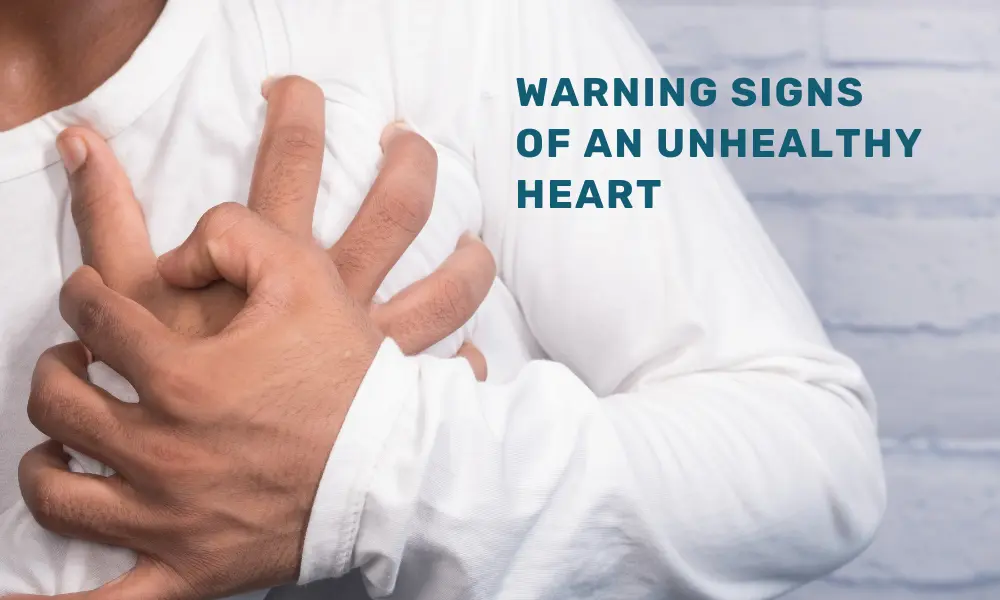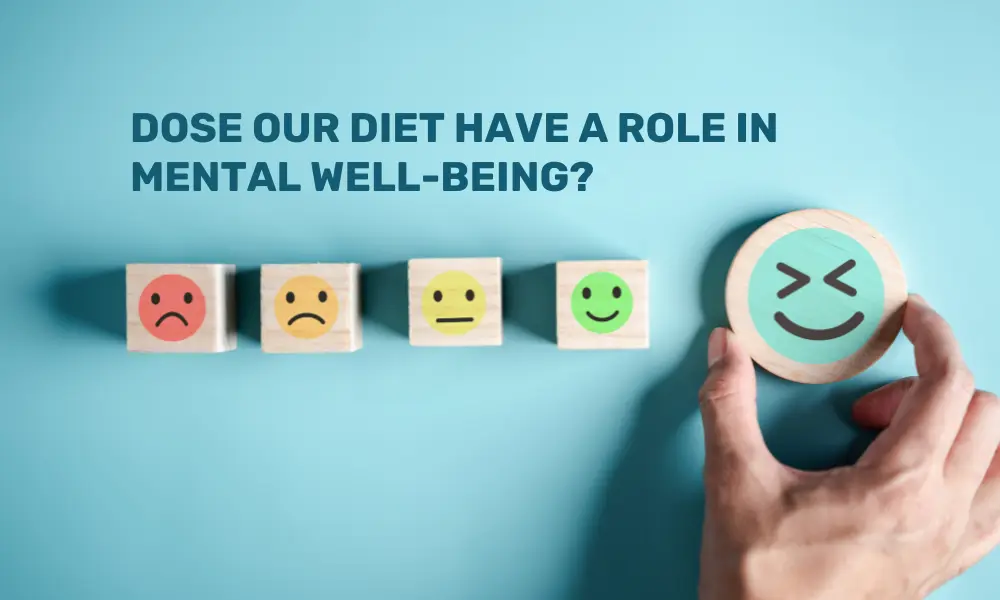If a middle-aged guy begins gripping his chest, sweating heavily, and starts to gasp for air, then we all know he is suffering from a heart attack. This might be the most dramatic way but not the most common way in which patients usually get heart attacks. Heart attacks may be sudden, but sure signs may appear a little early.
The Reality of Subtle Heart Attack
As dramatically as you may visualize it, heart issues can be pretty subtle, he explains, and they appear differently in everyone. While someone having a heart attack may clutch their chest, others—particularly women and diabetics, who frequently have nerve damage that stops them from feeling the pain more evidently—may not experience any chest discomfort at all. Other heart diseases may appear in similarly diverse ways.
Even the mildest symptoms should be taken seriously because, according to experts, our heart is the lifeline of our whole body. However, even though not all heart problems have obvious warning signs, it’s still important to be aware of the common symptoms in order to spot even the smallest change or abnormality and seek medical attention quickly to stop the condition from getting worse.
Let’s look at five warning signs of heart disease.
Chest discomfort
One of the most typical indicators that your heart may be in danger is this one. When an artery is clogged or during a heart attack, you may feel pressure, tightness, or discomfort in your chest. The symptom normally lasts a few minutes, and this usually happens during physical activity and when you are resting.
Fatigue
Another red flag of a cardiac issue is exhaustion. If you feel exhausted after doing an activity that you weren’t finding difficult before, like carrying groceries or climbing stairs, there might be an issue. Particularly in women, extreme fatigue or inexplicable weakness, sometimes lasting days at a time, may indicate heart disease.
Nausea, indigestion, and heartburn
During a heart attack, some people may have nausea, heartburn, dyspepsia, or stomach pain. Moreover, vomiting may be an addition to these symptoms. As a result, dyspepsia and heart attacks can often be confused. Similar to stomach issues, there are other possible causes for them to occur, but you also need to be aware that they could be signs of a heart attack.
Fainting, dizziness or light-headedness
Everyone has occasionally experienced dizziness or fainting. While there are a number of reasons why you could faint, including heat from the sun, inadequate ventilation, standing up too quickly from a sitting or lying down posture, anxiety, or shock, but when fainting happens with chest pain or breathing difficulties, then this may be a sign of a more serious condition, and this may result in an issue with the heart’s ability to pump blood.
Pain in the throat or jaw
Common causes of throat or jaw pain include muscle problems, colds, and sinus infections. On the other hand, a heart attack may be indicated if you feel pain or discomfort in your chest that travels to your jaw or throat.
These signs and symptoms of cardiac failure may be an eye opener for individuals experiencing it. Therefore, it becomes highly essential for individuals to improve their lifestyle, adopt a healthy diet, manage stress, and keep a constant check on their health.
FAQ on Heart Health
How do I tell if my heart is unhealthy?
-
Chest Pain and Fatigue
-
Shortness of Breath
-
Inflammation in the Legs, Ankles, or Feet
-
Coughing or Wheezing
-
Poor Blood Supply to Extremities
How to check heart health at home?
Heart health can be checked by checking heart rate. A normal resting heart rate is generally between 60 and 100 beats per minute.
What is the number one symptom of heart failure?
The most common symptom of heart failure is shortness of breath, which can occur while one is active or even while at rest.





